In the Call of Duty community, we have a hashtag that perfectly describes the level of loyalty players have to their team/organization in the world of eSports.
#RosterMania
Get filled in on all roster mania news, CoD League Standings, and Results in our Daily Brief http://t.co/ezbuBqDHGv pic.twitter.com/CxsxJFw3xe
— Esports Nation (@EsportsNation) January 16, 2015
Looking for the latest #RosterMania Intel? Check out our Roster Update for the latest changes: http://t.co/VPCJMPFaUx pic.twitter.com/PD7SVZ7hWJ
— Dexerto Esports (@DexertoEsports) January 16, 2015
There is even a Twitter dedicated solely to #RosterMania information.
It's official:
Zooma & Saints have joined Team EnvYus.Jkap and Clayster have joined Denial.#RosterMania
Info From: @DenialCEO
— Landon Sanders (@LandO) January 17, 2015
We see roster changes all the time, but they occur at a higher frequency right after events. Teams that did not place as high as they expected tend to break up and players go searching for the “god squad”. If you take a look at player histories, most professional Call of Duty players have been a part of several organizations in the span of a single year! A website call Esportepdia has all of the information on player histories and achievements for those interested.
Very few names come to mind when thinking of “loyalty” in CoD eSports. However, I think everyone would agree that Nadeshot, of Optic Gaming, has been a part of his organization for the longest period of time. His case, however, is special in that Optic grew exponentially around him.
What can we do to decrease roster changes?
I think that Major League Gaming made strides in the eSports community when they introduced the Pro League, starting with Call of Duty Ghosts. The league features 12 pro teams that participate in nightly matches held over several months. We saw a total of 3 seasons on Ghosts. As an incentive for players to participate, each team receives $8000 over the course of the season just for playing. The top 8 teams split a $75,000 prize pool after the playoffs, which are played on LAN in the MLG Columbus Arena. In the Pro League, there are specific guidelines for how team owners create their roster. Substitute players may be available in the case of absence, but those subs must be on the roster! Rosters lock at a specific time at the start of the season. These rules have ensured that the general makeup of a team sticks together, and it works for the most part. The Pro League has even experienced trades among teams for the very first time! Things changed once Call of Duty Championship 2015 was announced. Due to age restrictions, players not 18 by January 17th (the date of the very first qualifier tournaments) will not be allowed to participate in the million dollar tournament. This news started an all new #RosterMania frenzy, with young players being replaced by players over the age of 18. Apparently, there has even been some sketchy, behind-the-scenes team building going on. https://twitter.com/STNNR_ColeChan/status/557053977419079680 What ColeChan brought up is an absolute disgrace to the Call of Duty community. Players need a sense of loyalty, and organizations especially do! I don’t have a lot of experience with what’s going on within an organization, save my time with Team Orbit, but owners generally work to gain sponsors and pay to send players to tournaments, online and LAN. In return for this investment, many players eventually sketch and join a new organization immediately after! This is not right, not right at all. Player loyalty is not only an issue in Call of Duty. I recently ran across an article by Redbull Esports titled, “Poaching a Major Issue for Riot in LCS”. The League of Legends Championship Series has a bit more experience than the Call of Duty Pro League, and they have a much larger audience, as League of Legends is the most popular eSport worldwide. Players participating in LCS are required to sign a contract with their team, and if they break their contract they can be fined. The article states that some teams have had multiple infractions, with the highest fine leveled reaching $10,000. Teams are known for poaching, and players are known for sketching and can also be fined thousands of dollars. It must be worth it if the fines aren’t even a deterrent! The world of eSports has a long way to go, but it’s making progress. Both players and team owners must behave in a professional manner if they want to continue calling eSports their profession, but that’s just my opinion. What can be done to create a greater sense of loyalty? Let me know how you feel about #RosterMania in the comments!


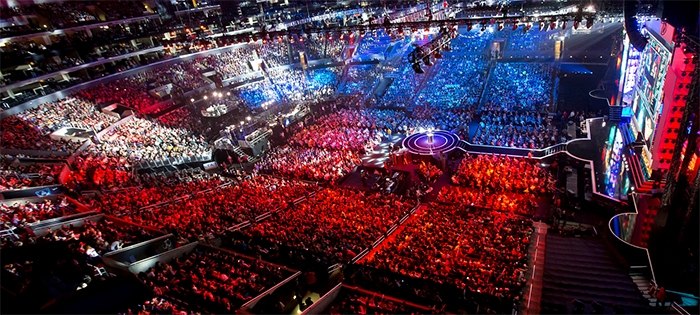
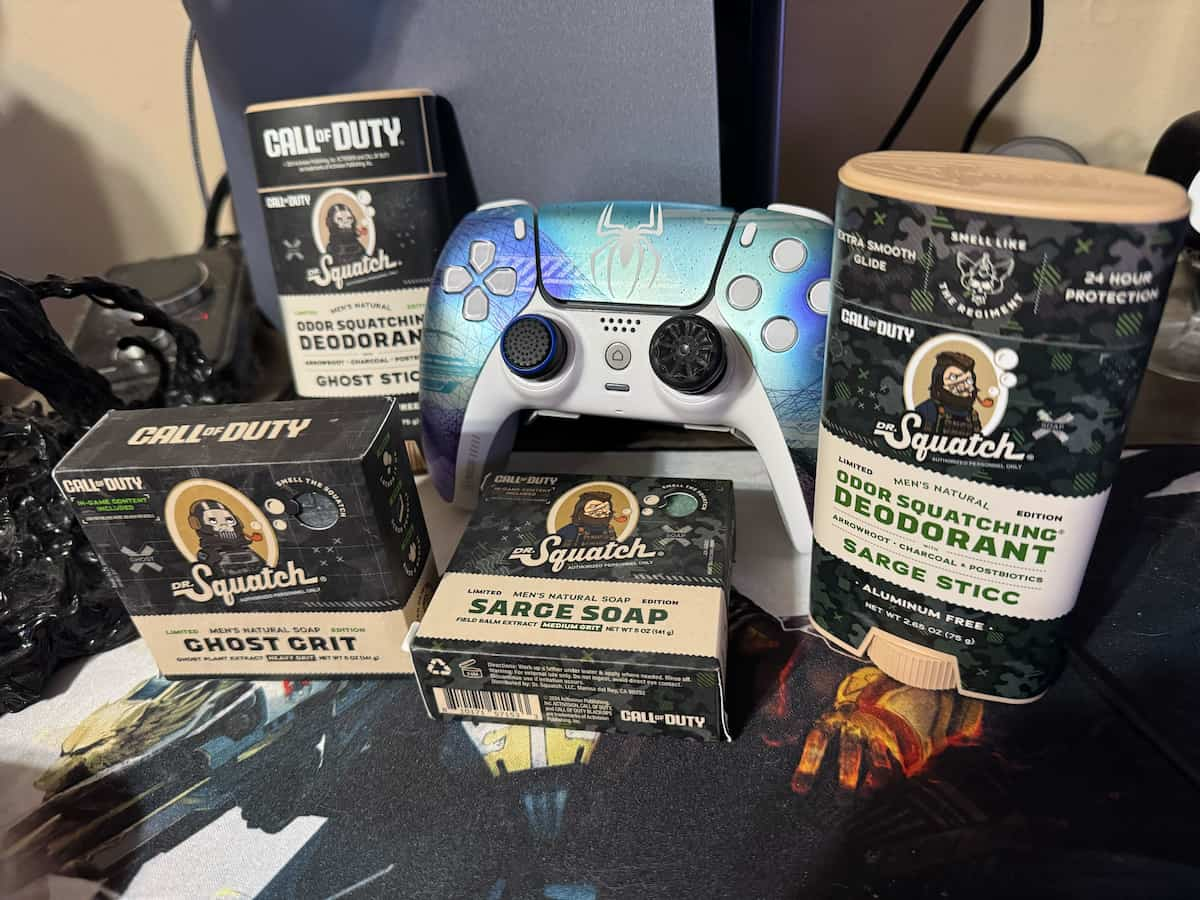
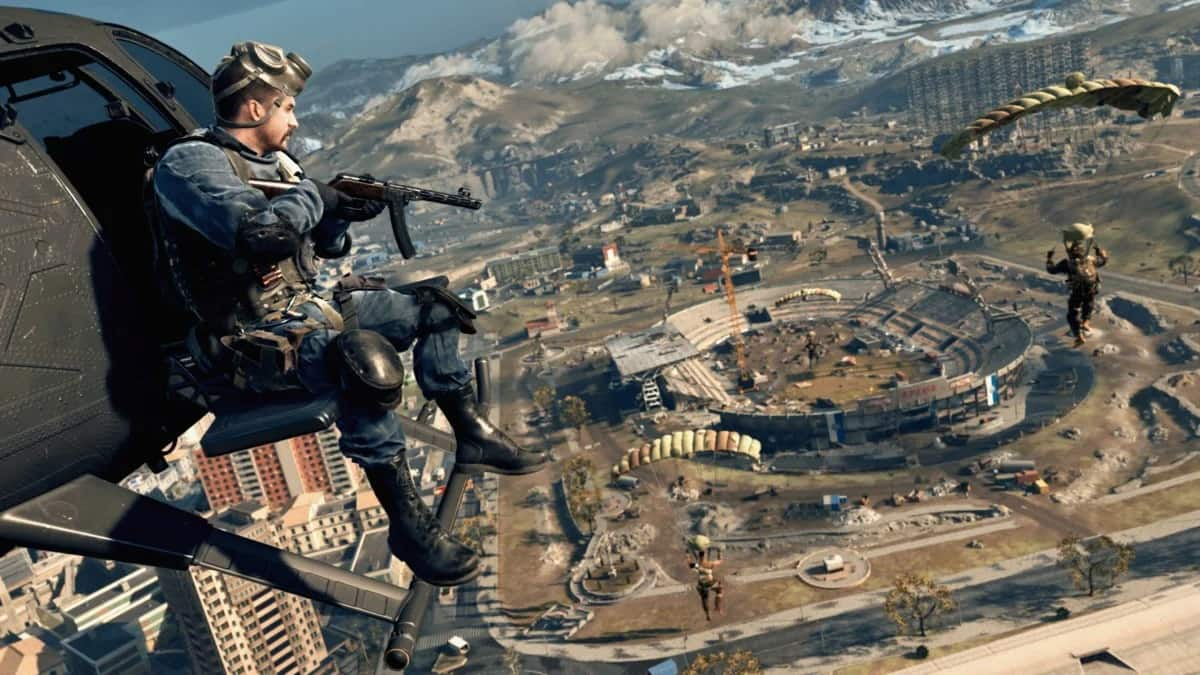
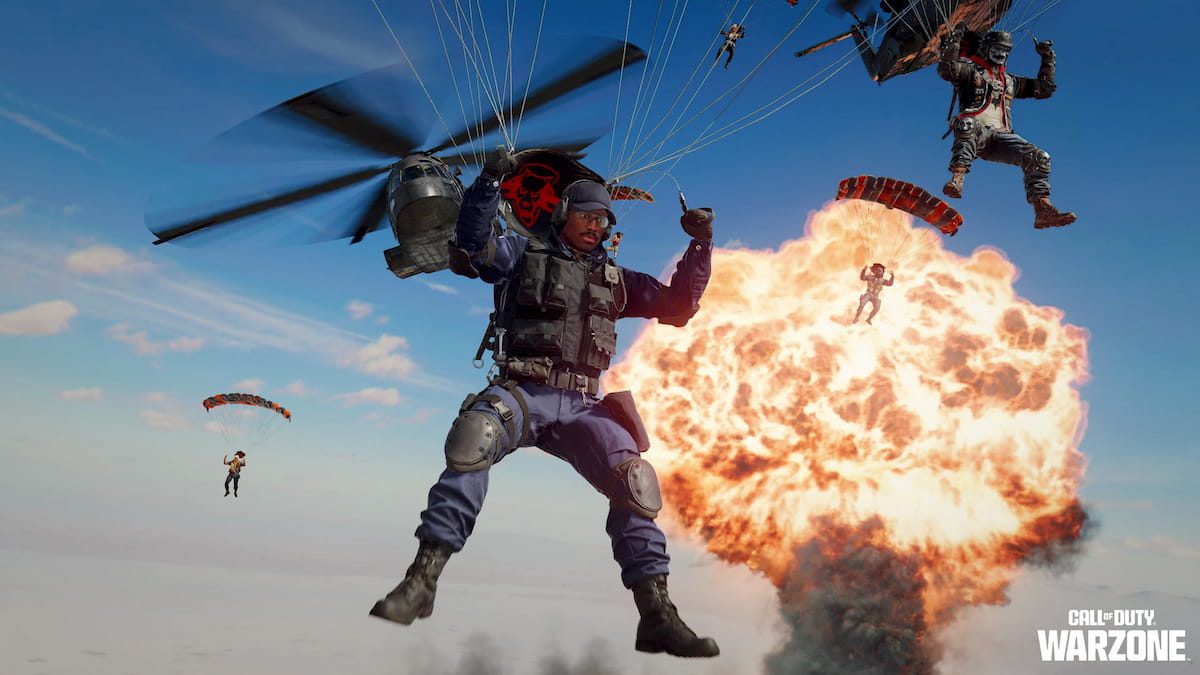


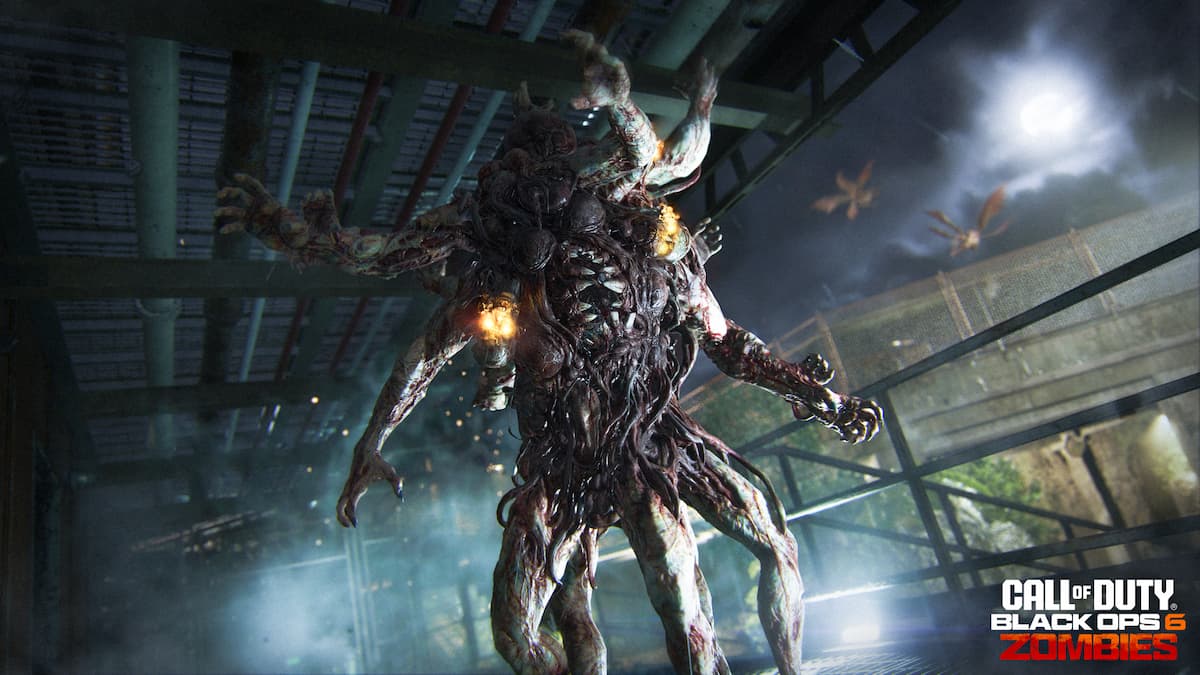

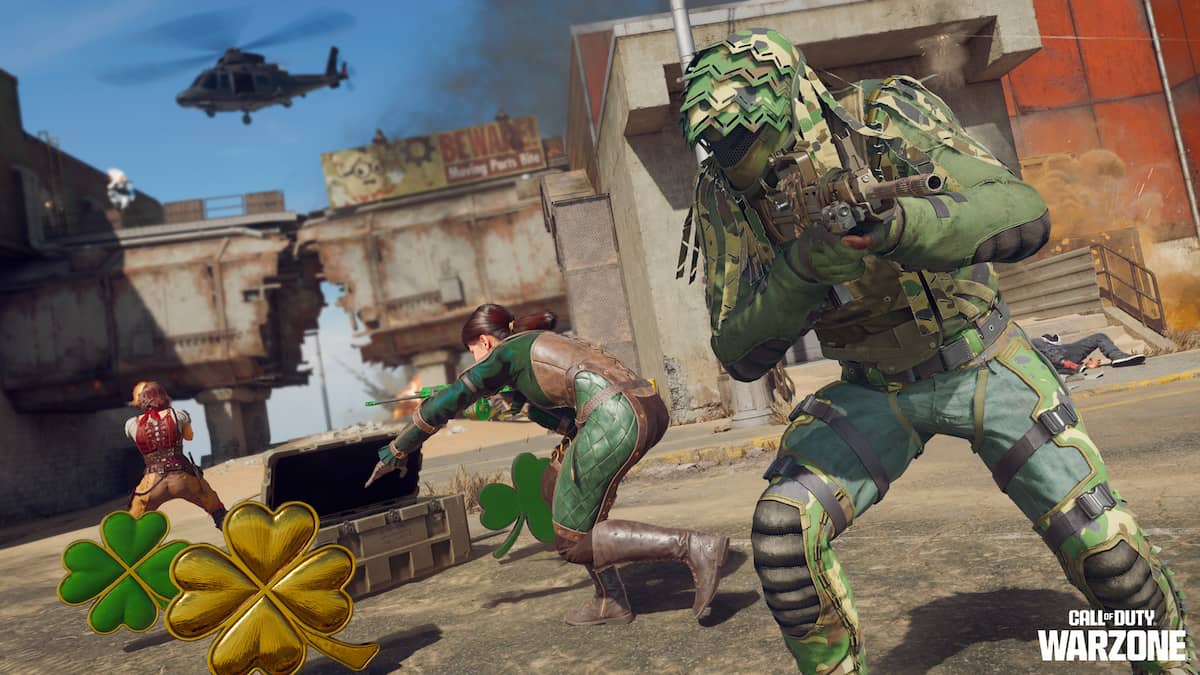

Published: Jan 20, 2015 08:44 pm